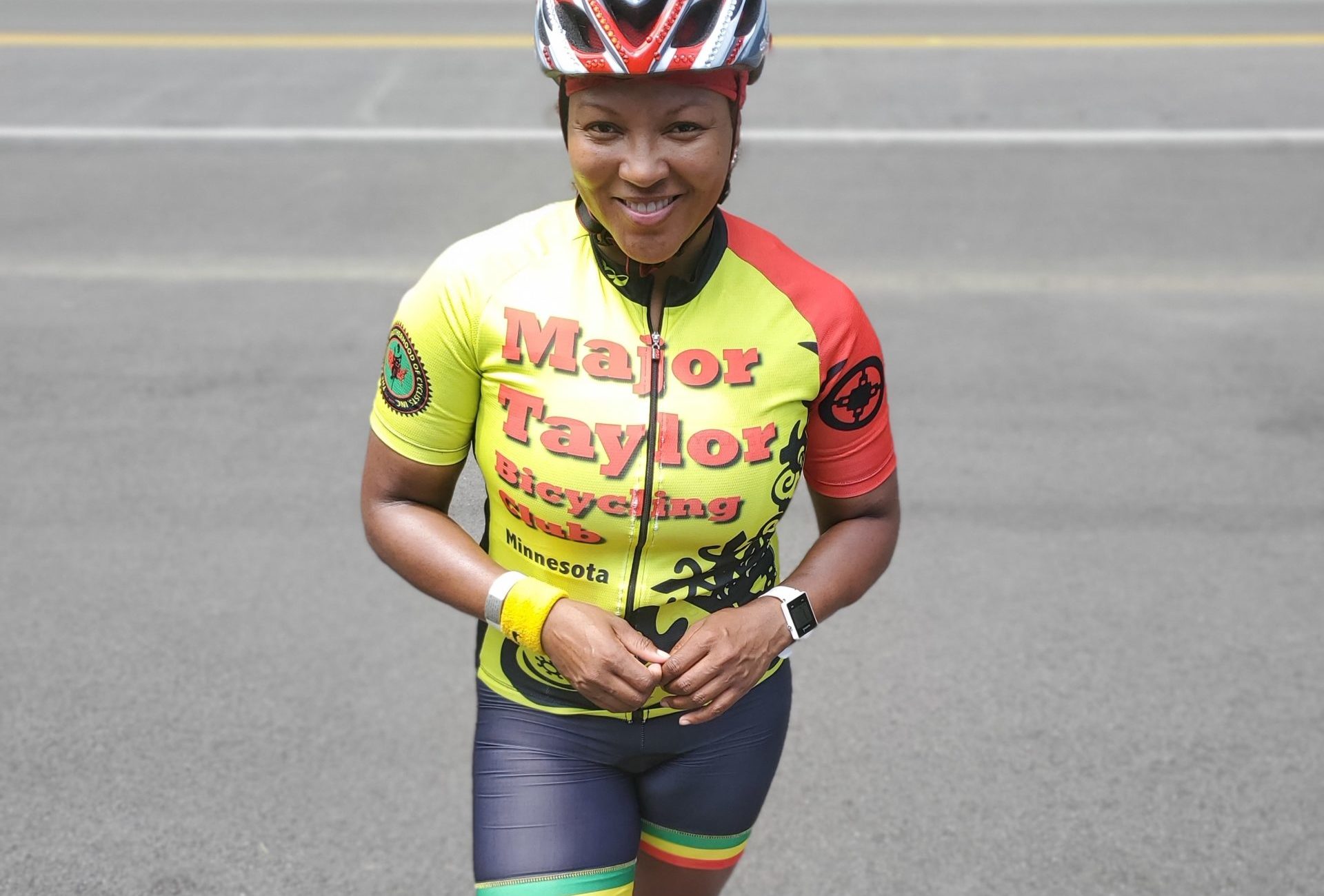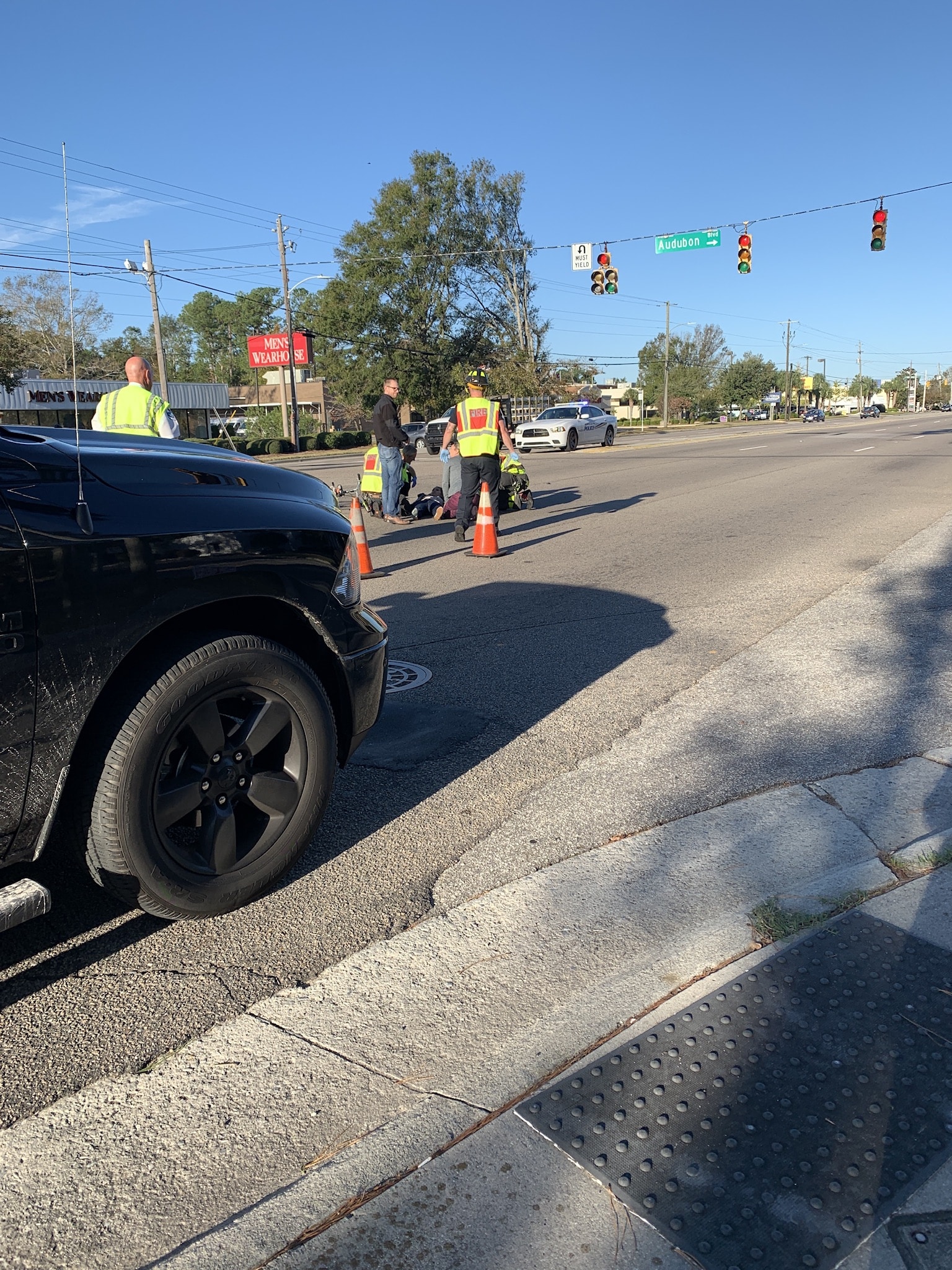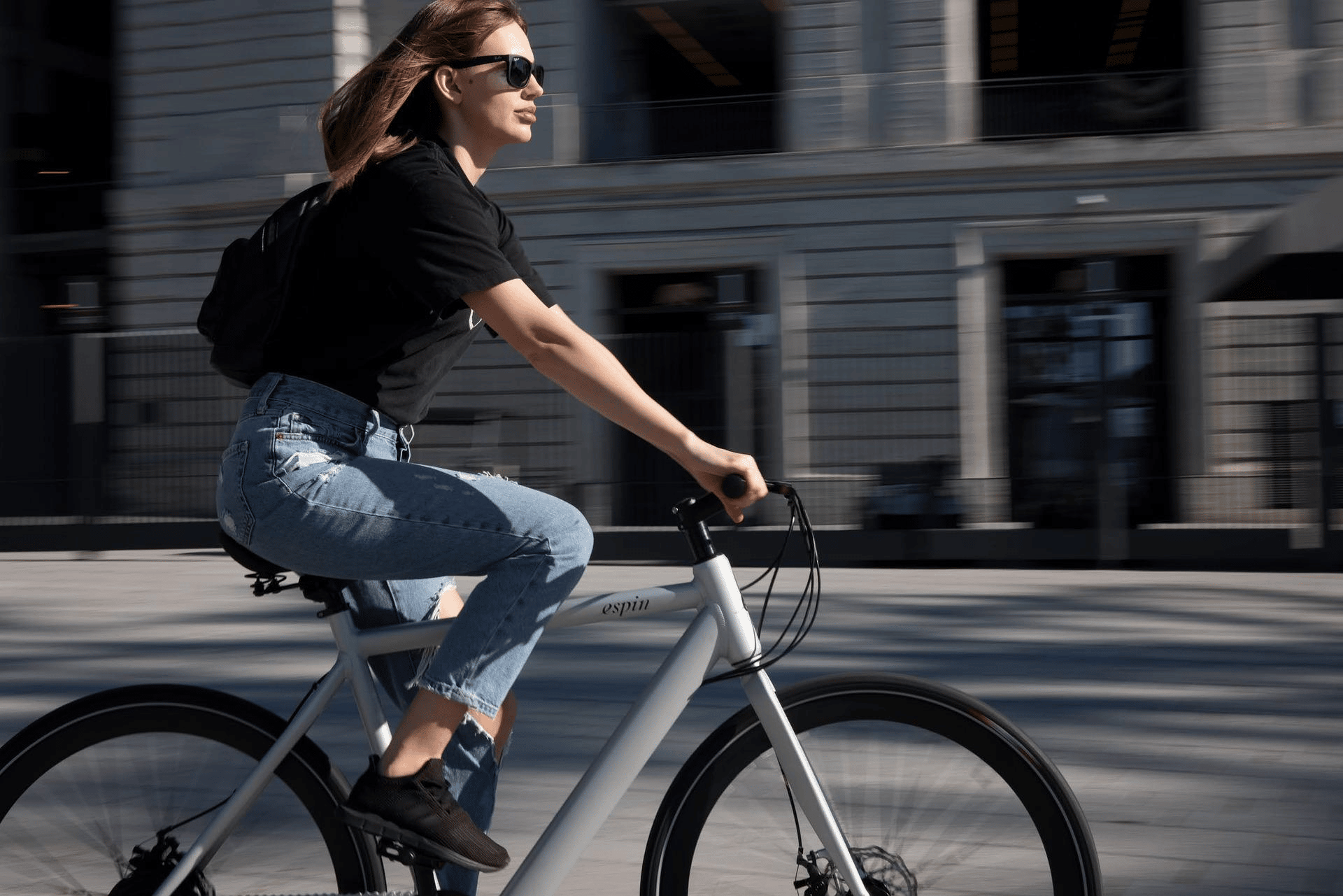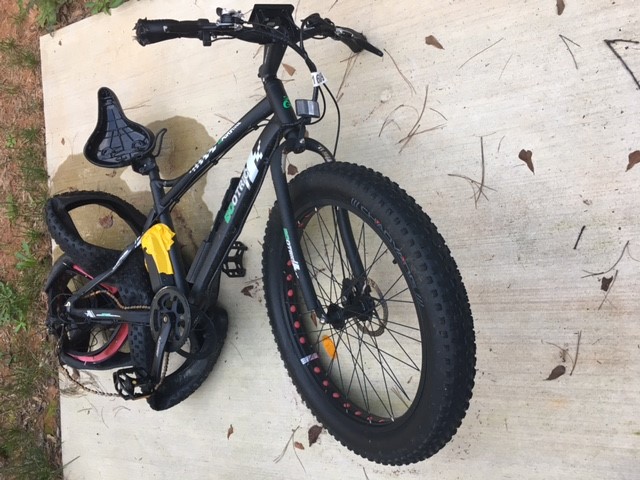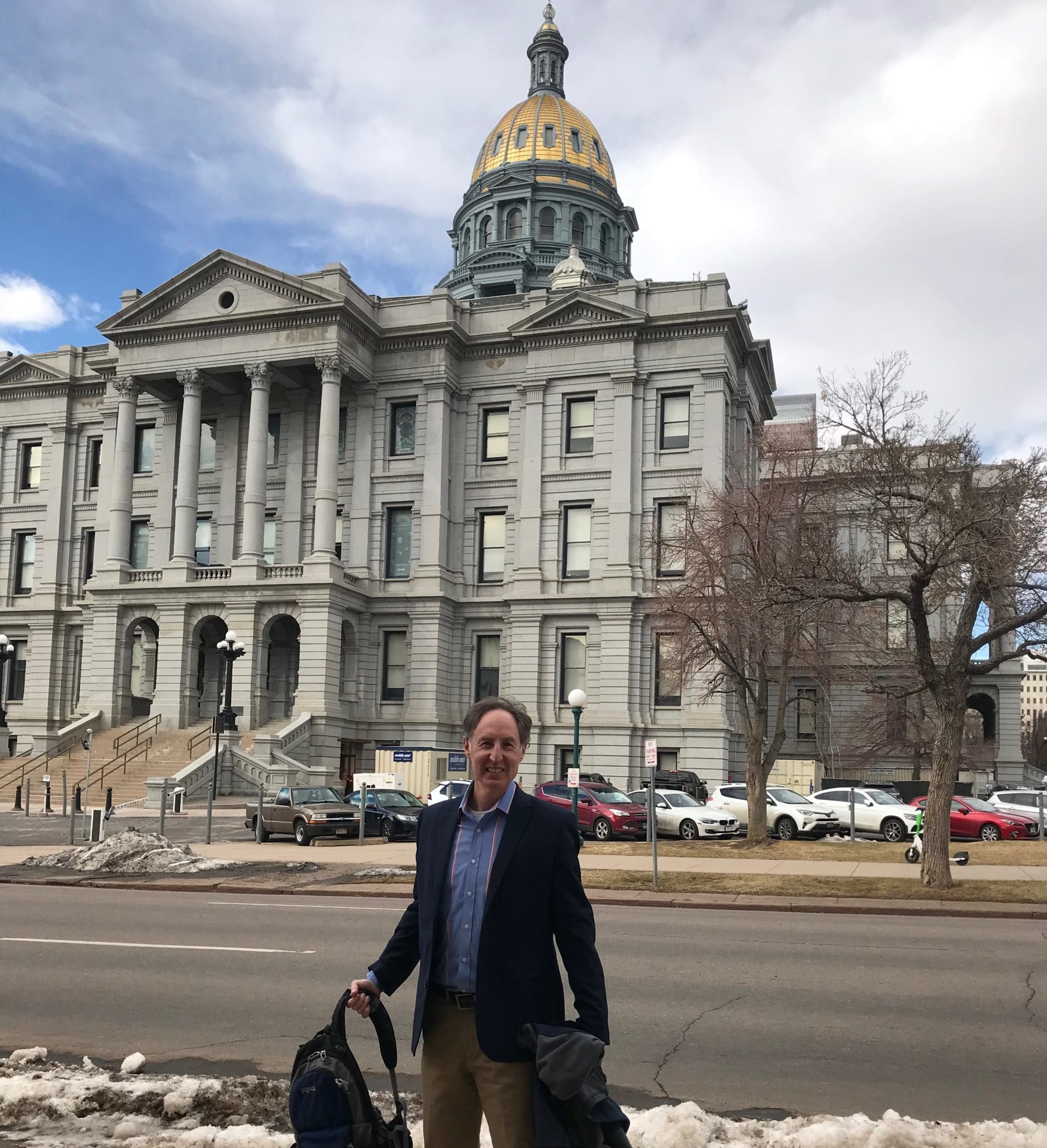"Ms. Bling" celebrates cycling in Alabama
Diversity in cycling is a long overdue and very welcomed trend. The face of cycling is changing, for the better. In Birmingham, Alabama, that face is Heidi Saul. Active in multiple groups diversifying recreational cycling, Heidi is known for her cycling outfits, her passion for the bike, and her belief that cycling makes Birmingham (and everywhere else) a better place.
How Heidi came to cycling
Heidi grew up in New Orleans and lived for several years in Houston when she worked in Human Resources at BP. She made her way to Birmingham just a couple of years ago and has found that the Birmingham cycling scene was more vibrant and inclusive than she would have imagined. Heidi now is a big part of that scene.
Heidi tells an interesting story of how she “got into cycling.” Of course, like most of us, she grew up riding – first a tricycle and then the ubiquitous banana seat bike. But, also like most of us, once she left childhood, she left cycling behind. That was until 2004, when a male admirer purchased Heidi a bicycle for their first date. As Heidi puts it – “the bike lasted; the boyfriend did not.”
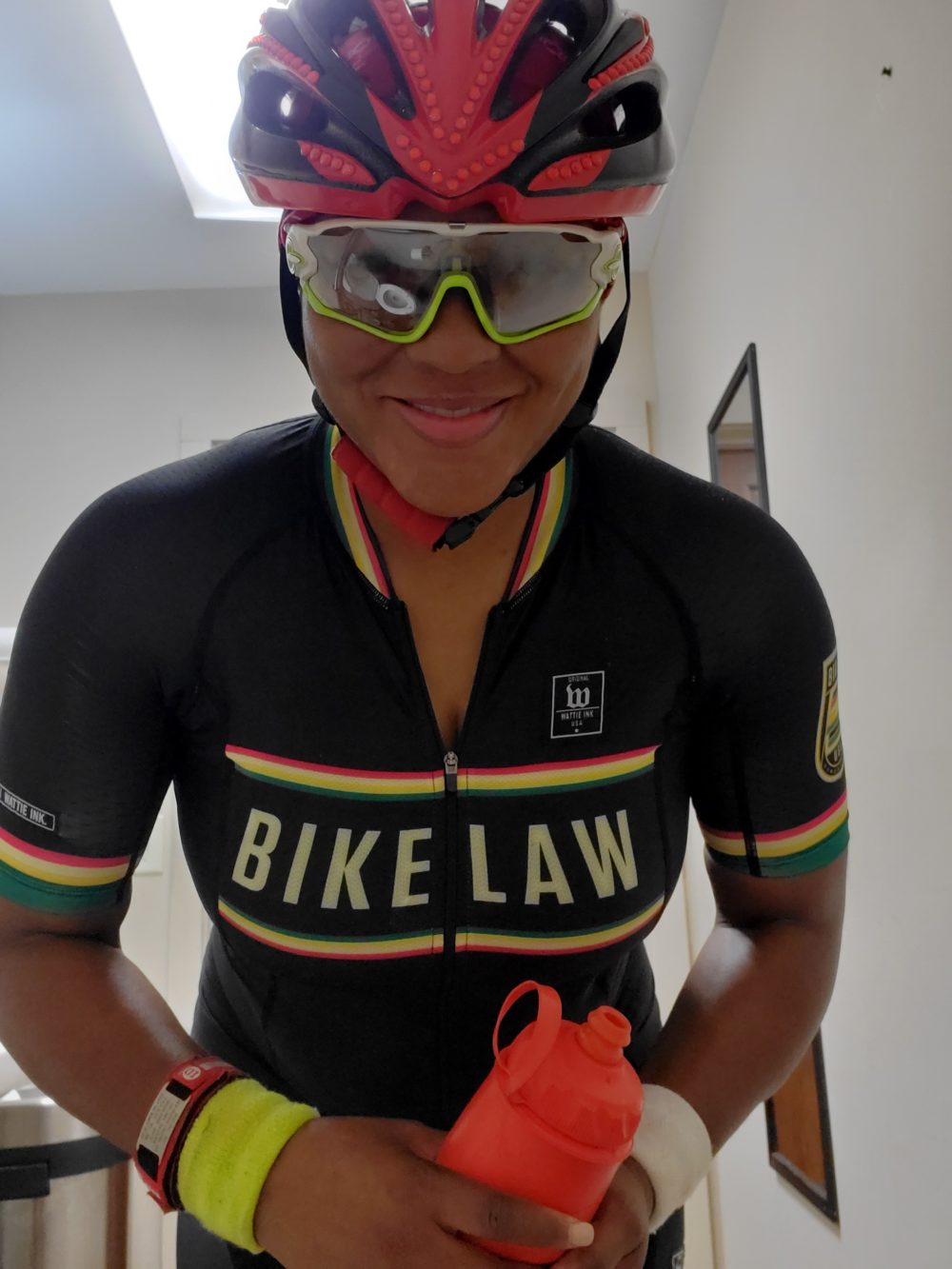
2004 also was the year that Heidi’s mother received a cancer diagnosis; having a bicycle allowed Heidi to spend many hours pedaling, lost in her thoughts and dealing with her anger and frustrations as she worked to help her mother during those difficult times. Heidi’s mother managed to recover after the 2004 diagnosis but did succumb to cancer in 2011.
Diversity in Cycling: Black Girls Do Bike
After being introduced again to cycling in 2004, Heidi quickly took up the sport. Among other things, she became active in riding and she rode in a number of MS 150s. In Houston, Heidi rode with, and then became the organizer and leader of the Houston chapter of Black Girls Do Bike. This organization is present in over 80 cities and seeks to encourage participation of women of color in cycling. Here in Birmingham, the group puts on a short 10 mile ride every Saturday morning leaving Railroad Park at 7:30 am. This ride is geared toward folks just beginning to become active in cycling. The group also puts on other longer and more difficult rides throughout the metro area in conjunction with other groups (like Redemptive and Major Taylor). Black Girls Do Bike holds an annual convention and Heidi has attended in Jamaica, Chicago and California. While the majority of members are women of color, the group is welcome and inclusive, accepting members of all races and sex. No other group has impacted diversity in cycling as effectively and with more elan than Black Girls Do Bike.
Diversity in Cycling: Major Taylor Association
Heidi also has become an active member of the Major Taylor cycling group. As many cyclists know, at one time, cycling was as popular in the United States as football is now. And, the fastest and best cyclist in the country (and the world) was an African-American man, Major Taylor. Now, there are many Major Taylor cycling groups around the nation in honor of this great American cyclist who, outside the cycling world, now is virtually unknown. The Birmingham group puts on weekly rides – usually between 30-45 miles – and, sometimes in conjunction with other groups. For example, coming up on Saturday, September 19, 2020, the Birmingham Major Taylor group is hosting a ride with the Montgomery Cycling Club. Like Black Girls Do Bike, Major Taylor accepts all people regardless of skin color or sex.
One unique and cool aspect of being in Major Taylor is that the different Major Taylor groups “swap” jerseys and kits. So, one year Heidi may be wearing the Birmingham, Alabama Major Taylor kit, and the next year, she might be wearing the one from Brooklyn, New York. Diversity in cycling, diversity in cycling kits!
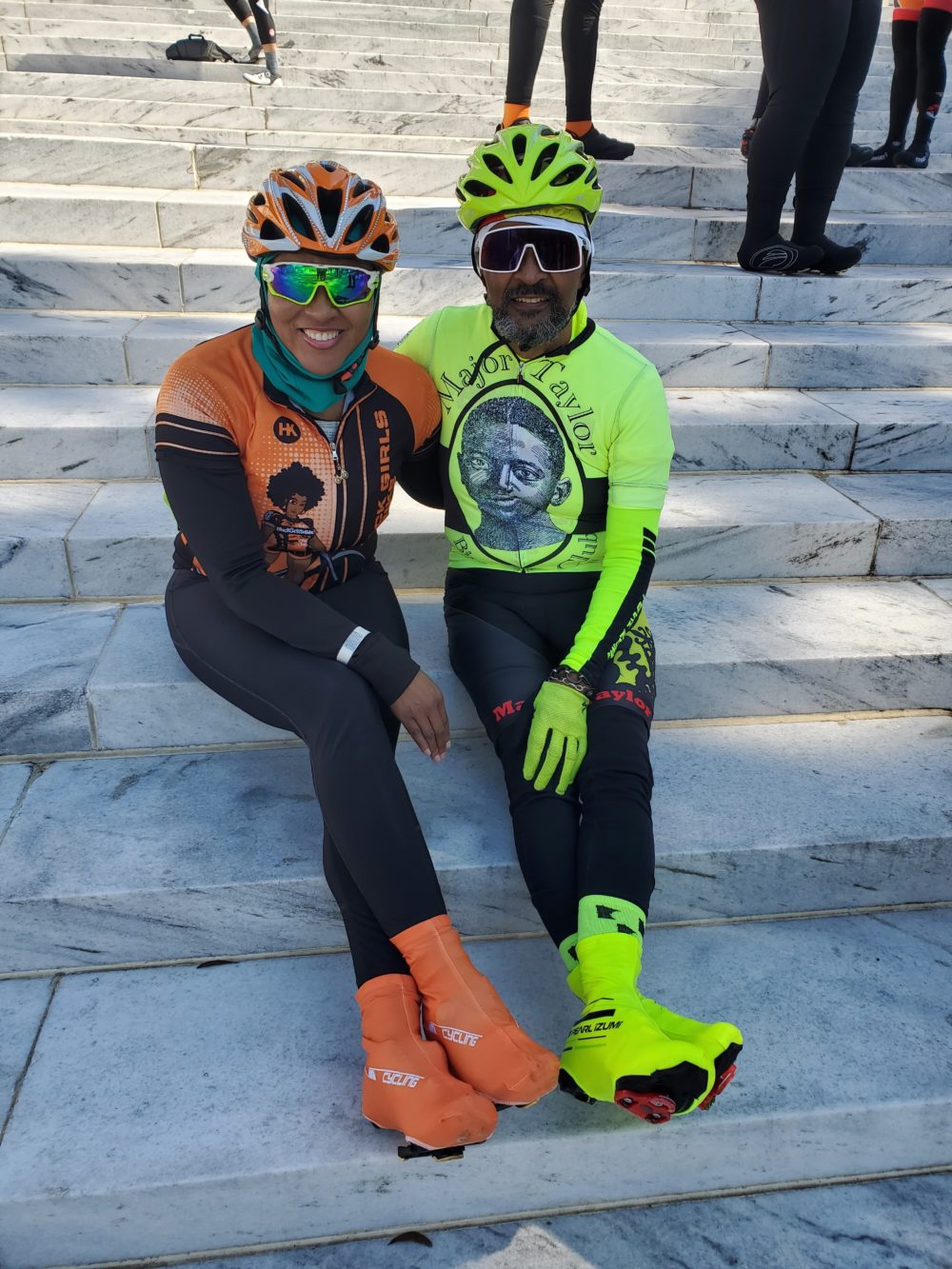
Heidi is looking forward to and excited about a number of things going on in the Birmingham cycling community. First, Black Girls Do Bike has started a racing team which is training out at Thompson High School. Heidi, who had been active in crit racing in Houston, is looking forward to getting back into racing and she is especially excited to be doing so for the Black Girls Do Bike team.
Heidi also speaks very highly of how accepting the Birmingham cycling community has been to her. She recognizes that women and people of color have been underrepresented in the cycling community for a long time. Nonetheless, she said that she found that Birmingham cyclists – many of which were white males (MAMILs – Middle-Aged Men In Lycra) were very accepting and welcoming of her without being patronizing and without mansplaining. She found this to be a pleasant surprise.
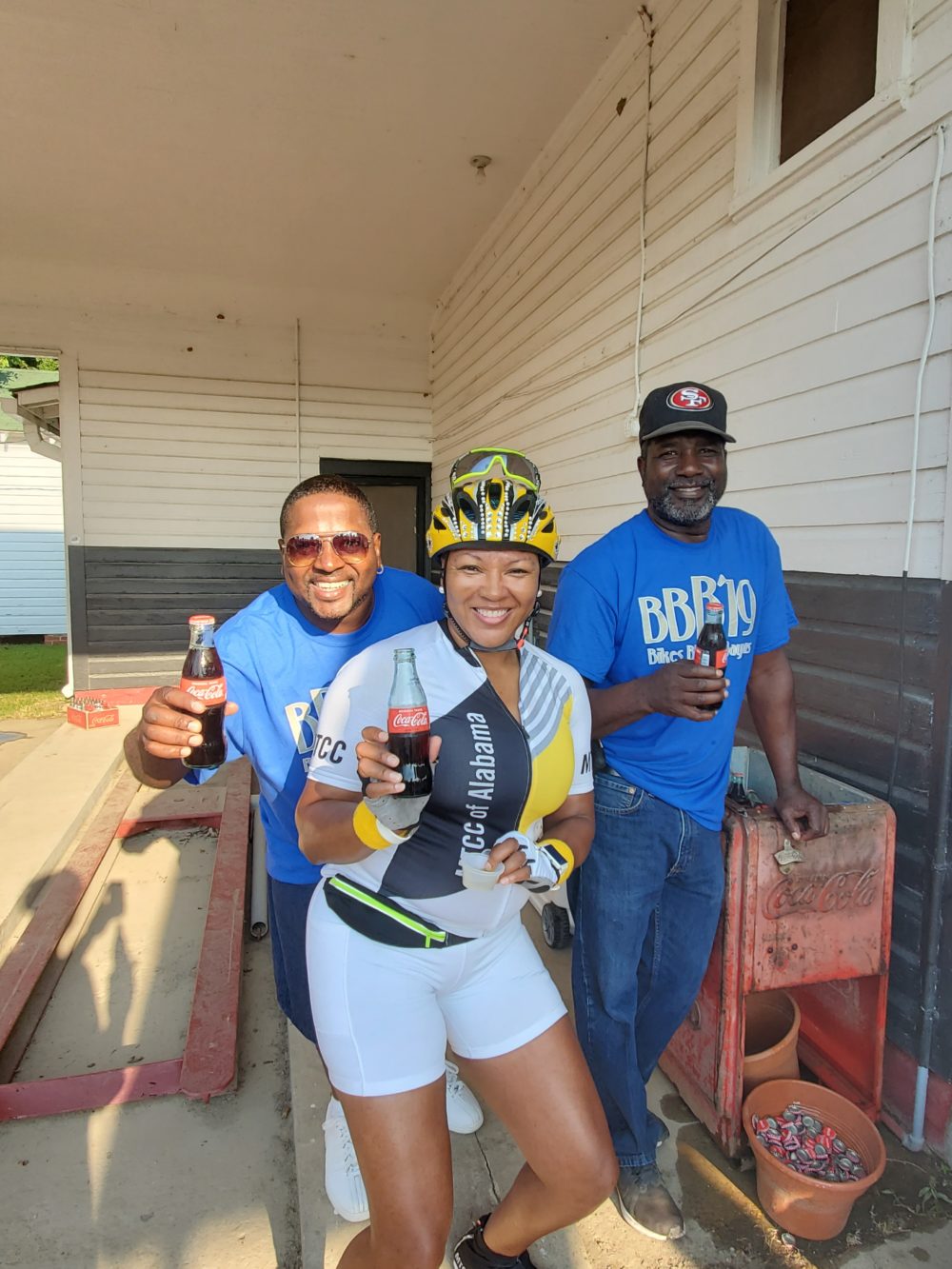
Heidi is happy to see more bicycle riders and, particularly, more female riders and riders of color in the community. She has noticed a strong uptick in the diversity of bicycle riders just in the past couple of years that she has been in Birmingham. Covid 19 may have served to increase cyclist participation across the board and this may be one small silver lining from the pandemic.
Finally, Heidi admits that she is “all about the kits.” She laughs and says that she sometimes is referred to as “Ms. Bling.” But, she says that loving the kits and being stylish is an added bonus that she really enjoys.
If you ride frequently in Birmingham, I suspect that you’ll meet Heidi out there soon.
Danny Feldman has been riding his bike since 1987, the same time he began practicing law in Washington D.C. before moving back to his home state of Alabama. Danny has been actively fighting for the rights of cyclists in Alabama both in and out of the courtroom. While he focuses his practice in Birmingham, he has represented numerous cyclists across the state



